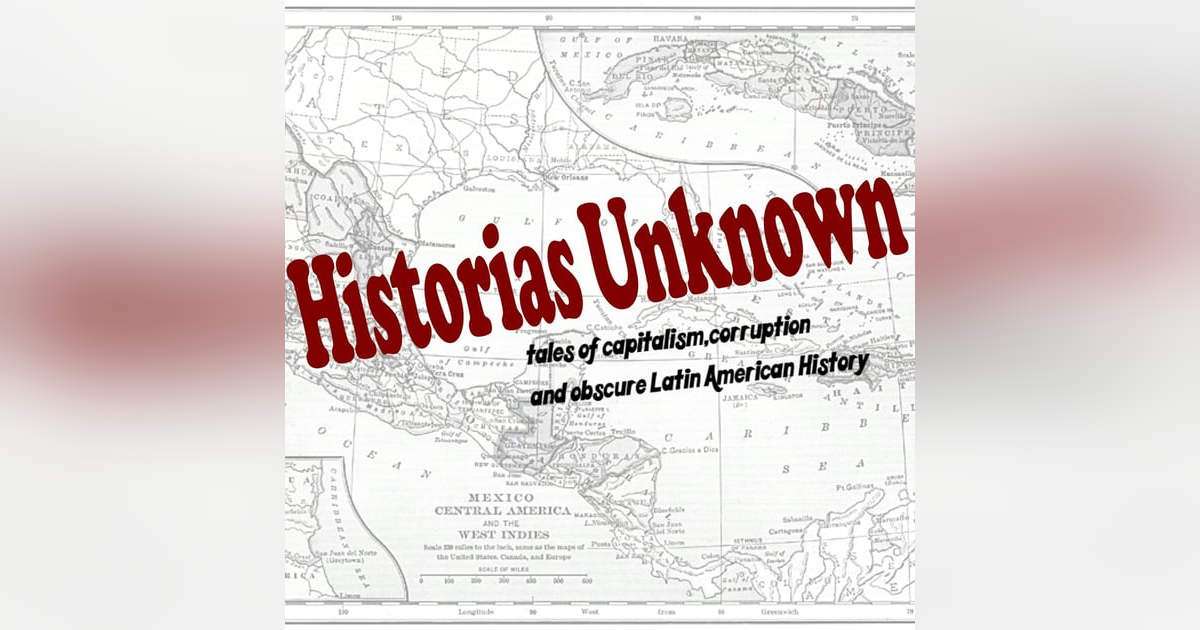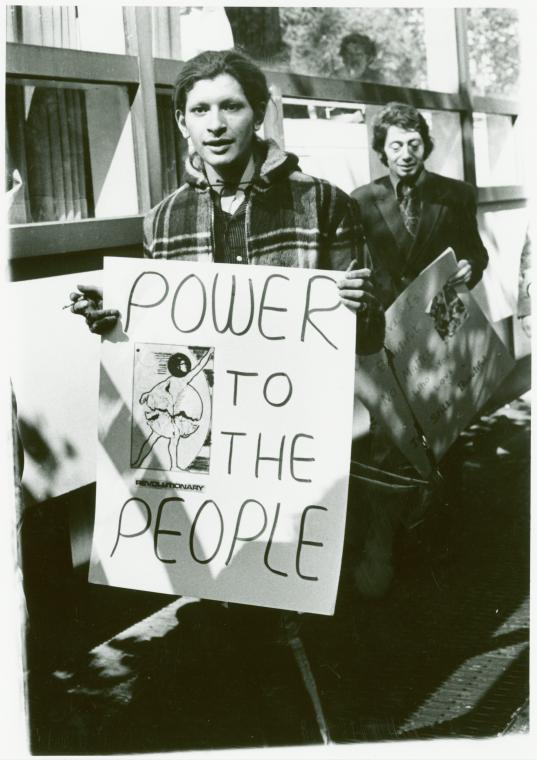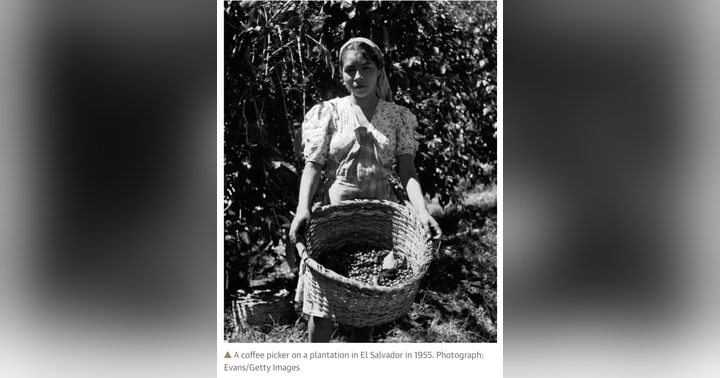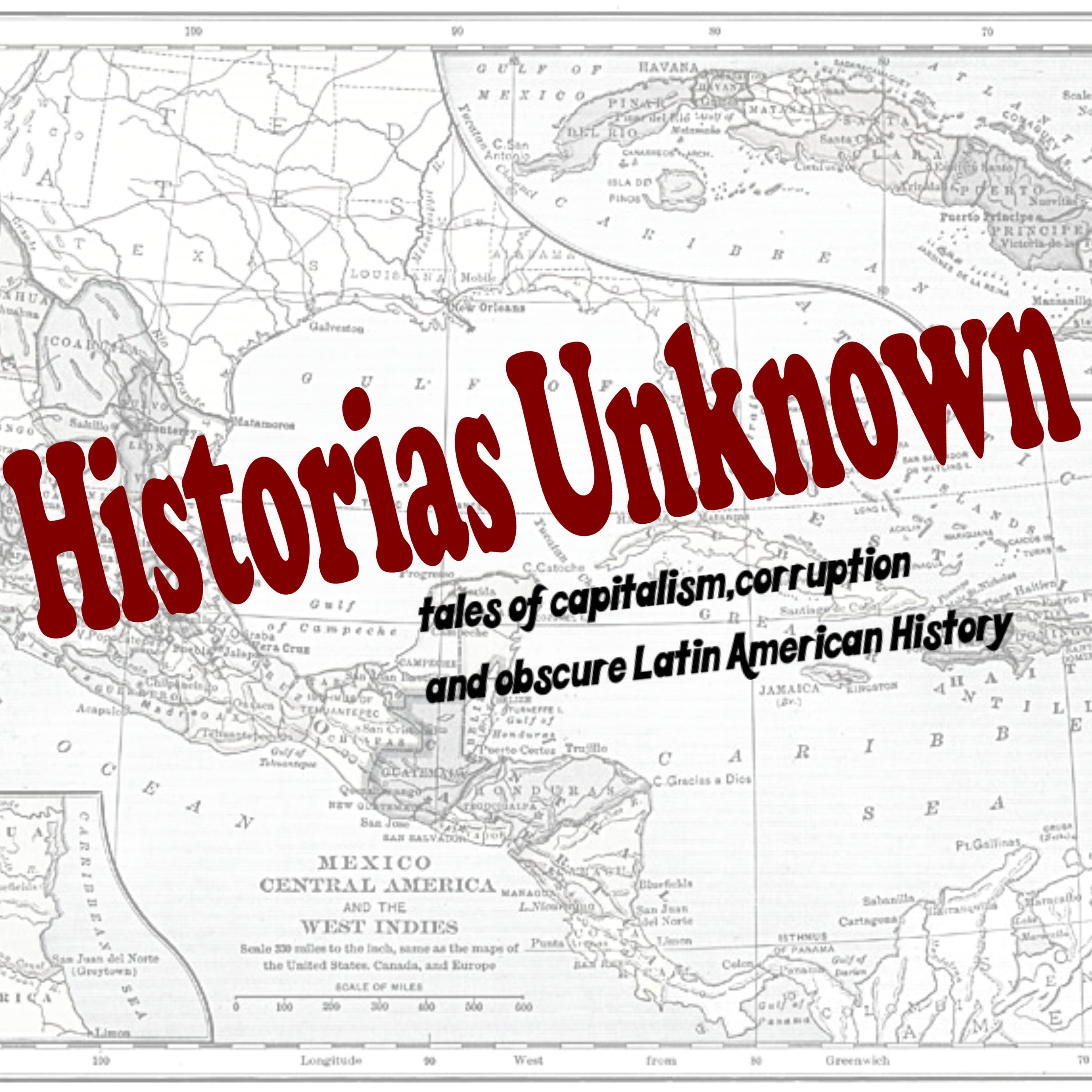Sylvia Rivera
Sylvia Rivera was born on July 2,1951 in New York City. She is often remembered for the stonewall uprising, but she was much more than that. She identified as a drag queen, she was a trans rights activist, an advocate for unhoused people and a member of the Gay Liberation Front.
She was born and raised in NYC. Her father was Puerto Rican and her mother was Venezuelan. Her early life was not an easy one. Her father abandoned the family when she was a baby and at age 3, her mother died by suicide and attempted to kill Sylvia at the same time. Sylvia survived. She was raised by her Venezuelan grandmother. Her grandmother would beat her and tell her she did not want her. That she wanted a white grandchild and Sylvia was not that, as she resembled her dark-skinned Puerto Rican father.
By age 7, Sylvia was regularly raped by her 14-year-old male cousin. When she was in 4th grade, Sylvia would wear makeup to school and when her grandmother wasn’t home, she would try on her clothes.
At age 10, her 5th grade teacher, who was a married man, was "having sex" with her. (having sex with are her words, now we would definitely call that rape as well).
It was also at this age that she turned to sex work, she said she wanted things her grandmother could not afford. Her grandmother would come home and say that it smelled like a French whore house. Sylvia would get beatings for this behavior, but one day a neighbor told her grandmother they had spotted Sylvia on 42nd street, her grandmother's reaction was a lot worse. When the neighbor told Sylvia's grandmother this, she yelled and beat Sylvia far worse than before.
After this, Sylvia attempted to die by suicide and after a long hospital stay, she left home and turned to sex work to survive. In an interview, Sylvia says you could sell anything on the streets and that at that age, it was far easier to get payed for sex. She says, “I knew what I was, I knew I was a whore, but these men were far worse, because they were pretending to be something they weren't and in reality, they were disgusting for seeking sex from young boys and girls, while pretending to be wholier than thou.”
Sylvia was in and out of jail after this. One of the charges she was frequently picked up for was for "upper head female impersonation" this was a preexisting New York City law that made it illegal for anyone to be “masked or in any manner disguised by unusual or unnatural attire or facial alteration,” or anyone who congregated in a public place with people masked or disguised, except for authorized masquerade parties and parades. It was enacted 1846, to prevent tenant farmers from protesting their landlords, but later it was used by police to target LQBTQ+ folks, but especially drag queens.
After leaving home for the streets, Sylvia Rivera met a Black street queen named Marsha P Johnson, who would become like a big sister to her and her best friend. Marsha P Johson taught Sylvia about makeup, surviving the streets and about life.
Though many, including Marsha P. Johnson, stated that both queens were not present the night the uprising began, they are both remembered as veterans of Stonewall.
The stonewall uprisings were demonstrations by the gay community in responds to a police raid that occurred on June 28th, 1969, at the Stonewall Inn in Lower Manhattan, New York.
Police became violent and the people fought back. At the time, many bars didn’t accept queer folks into their bars. Some accounts state that the Stonewall inn was a gay bar owned by the Mafia, but when asked Sylvia Rivera said it wasn’t a regular gay bar, there were only a few drag queens there because they knew someone that worked there. Police raids on gay bars were normal, and queer folks were tired of police brutality and of needing to conform to society or hide their existence. Fighting ensued and lasted 3 days and more people showed up in support for the gay community. These 3 days are now celebrated yearly, as pride.
The following is Sylvia Rivera’s account of the Stonewall uprising: It was June 27th, 1969 and it was a hot and muggy night and Sylvia headed to the Stonewall Inn to dance. Though it was not a drag queen bar, Sylvia was allowed in because she knew people inside and not many drag queens were allowed in. They brought too much police attention. Rivera has said the inn was a place for middle white class men to pick up young boys of different races. All of a sudden, police were inside, ordering people to line up and present IDs. Anyone without an ID and anyone not wearing at least 3 pieces of clothing that conformed to their birth-assigned gender were to be arrested. Rivera said it was “gays over there, lesbians over there and freaks over there. The freaks were the drag queens and real butch lesbians”. One lesbian resisted arrest and as she resisted, she yelled for people to do something. Then, according to rivera, the queens began throwing things at the cops. She goes on to say “I have been given credit for throwing the first molotov cocktail but I always correct it, I threw the second, not the first”. The first two nights were more intense, with more violent clashes with police and demonstrations occurred for about a week after.
Sylvia Rivera joined the Gay Liberation Front and the Gay Activist Alliance following the Stonewall uprising and fought for the rights of gay people, but especially for Trans people. She thought that after stonewall, there would be more unity among all queer folk, but at these meetings, she found herself often excluded or talked about and made fun of, for her accent, for being Latine and especially for being Trans. With the GLF, she participated in different protests and during one of these sit-ins, she was inspired to start STAR.
Sylvia Rivera and Marsha P Johnson went on to cofound STAR, which stood for Street Trans Action Revolutionaries and their worked to help unhoused drag queens, gay youth and trans women. They funded STAR through their own sex work and it was a refuge for queer street kids. They gave them meals, sometimes elaborately cooked meals and shelter. They did sex work so these kids didn’t have to. They welcomed anyone that was unhoused.
Their first STAR house was a trailer, where 24 street kids slept together. One day, when Sylvia and Marsha were returning with food, they saw their home being dragged away by a truck. Kids were still sleeping as it happened but most managed to leap out as the truck moved. One youth found themselves waking up in California. They realized they needed a more permanent building and moved STAR into 213 2nd Ave. Together, with their kids, they fixed the electricity and plumbing. They also taught the kids who left home young to read and write. They kept everyone fed and clothed. The existence of STAR itself was revolutionary but they also made sure to involve themselves in gay rights activism.
They worked with the Gay Activist Alliance to advocate for laws to protect against discrimination. This would later become Intro 475, which would prohibit discrimination in employment based on sexual orientation or preference. Later on, it was broadened to include housing and public accommodation. This was largely thanks to the efforts of Sylvia Rivera, Marsha P Johnson and STAR, who were well aware of the difficulties of housing ad LQBTQ+ people. The bill was killed a few times(it wouldn’t pass until 1986) and many gay activists were arrested during protests. In 1973, Sylvia Rivera was among the arrested. She attempted to climb a wall of city hall.
By 1973, STAR themselves had a decline in participation, they were having issues with housing. The first house lasted a year and they were then evicted. Before leaving, they trashed the place. About this Sylvia said "you fuck us over, we fuck you over". STAR moved locations several times. STAR would slowly dissolve, but Sylvia Rivera continued to attempt to work with the GAA and her activism, but it was difficult. Many Gay and Lesbian members did not want Trans people in the group.
Shortly after the 1992 Pride march in NYC, Marsha P Johnson was found dead in the Hudson River. Sylvia Rivera returned to NYC after receiving this news. She was unhoused and lived in the Gay Piers, a community of unhoused LGBTQ people. She battled substance abuse throughout her life, and especially after the death of Marsha. She still found time to advocate for the unhoused LQBTQ community. She restarted STAR in 2001 and she fought extensively for the passing of New York City Transgender Rights Bill and for a trans-inclusive New York State Sexual Orientation Non Discrimination Act. STAR helped organize major protests for the murder of Amanda Milan, a trans woman who was murdred in 2000.
She was very outspoken and angry that many trans folk, including herself, protested when 21 year old Mathew Shepard was murdered for being gay, she mentions being arrested for that and how the gay community came out in huge groups for him, but not for Amanda Milan. She would repeat that time and time again, the drag queens came out to support all LGBTQ efforts, but the gay and lesbian community would not do the same for her and her children (she called all trans people her children).
Even as she was dying, she did not stop trying to fight for Trans people. On her deathbed, she met with representatives for the Empire State Pride Agenda, to negotiate for Trans inclusion in their policies and agenda.
Sources
https://lithub.com/on-makeup-as-a-tool-for-queer-resistance/
https://www.workers.org/2006/us/lavender-red-73/
https://www.nyclgbtsites.org/site/gay-activists-alliance-actions-at-city-hall/
https://www.redalyc.org/pdf/377/37719107.pdf - Still At the Back of The Bus: Sylvia Rivera’s Struggle. El Centro Journal by Jessi Gan, 2007.
https://en.wikipedia.org/wiki/Sylvia_Rivera_Law_Project
https://en.wikipedia.org/wiki/Matthew_Shepard
https://twitter.com/ErinInTheMorn/status/1530589898180288514?t=c-yIB6rpeOfQsK0AcPmdHA&s=19














